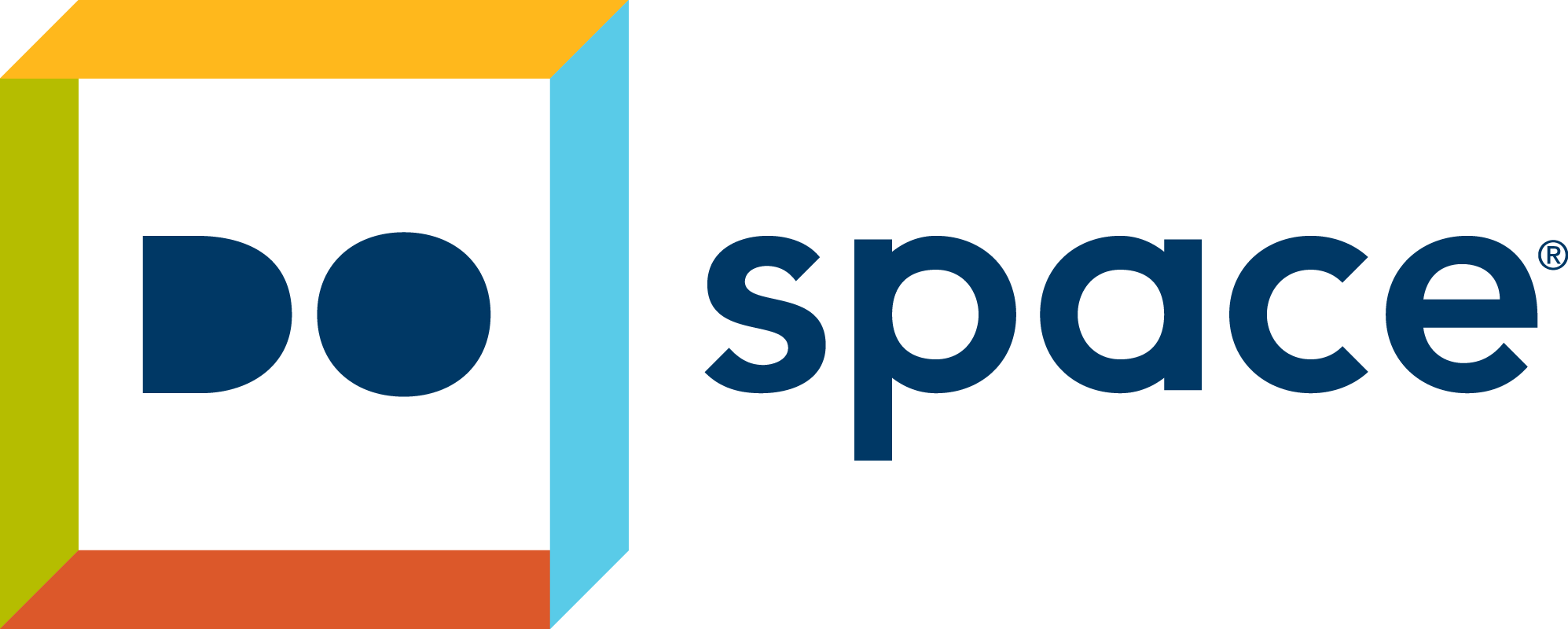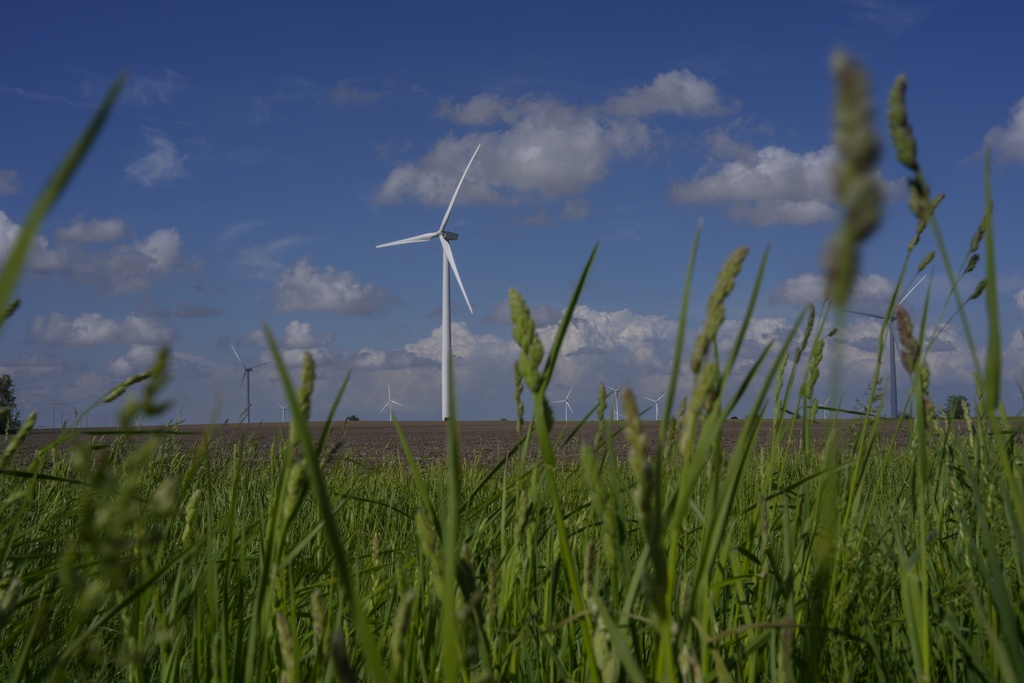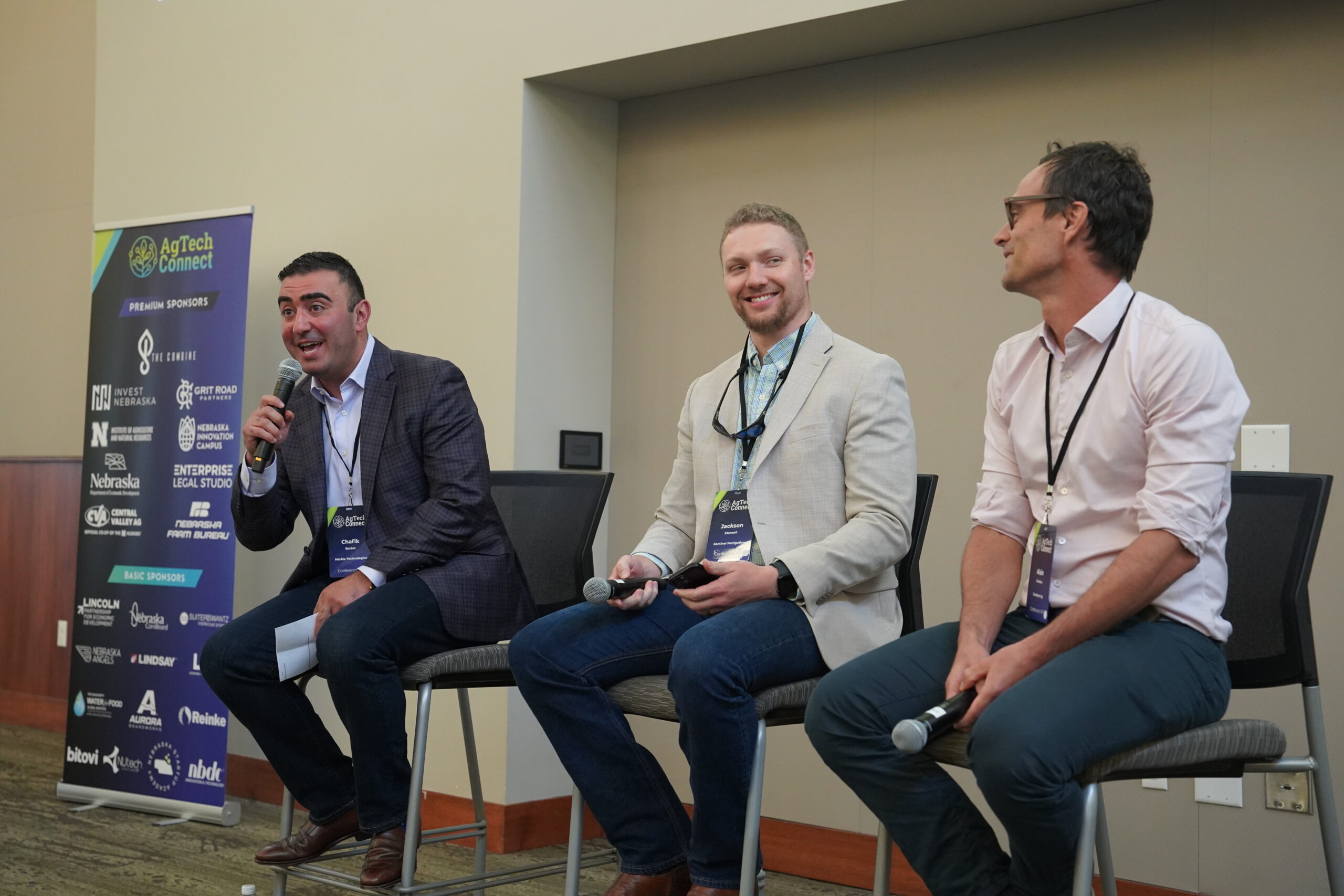 Editor’s Note: This is the first of two posts that address the recent attention Dwolla has received about its popularity amongst Bitcoin users, primarily as a platform to add and withdraw funds from Bitcoin exchange sites, such as Mt. Gox and Tradehill.
Editor’s Note: This is the first of two posts that address the recent attention Dwolla has received about its popularity amongst Bitcoin users, primarily as a platform to add and withdraw funds from Bitcoin exchange sites, such as Mt. Gox and Tradehill.
In the following guest post submitted Monday, Dwolla founder and CEO Ben Milne directly responds to questions that have arisen and expresses both Dwolla’s take and his personal opinion on Bitcoin. (Photo courtesy of Milne, by Anna Jones | Art of Photography.) In order to best maintain the tone of the post Milne submitted to us, we have not altered any of the grammar, style or punctuation of this piece.
To learn more about Bitcoin and read our interview with Milne about the use of Dwolla within the Bitcoin marketplace, see our second post: “Bitcoin: What is it and how is Dwolla involved in its marketplace?“
– Danny Schreiber, Managing Editor
The virtual currency debate, exchange, and hysteria: The meteoric rise of misinformation, misguided assumptions, and rumors.
Our PR guy asked me if the second sentence is necessary. I personally believe it is. Why? Because if you think about it… It’s more likely your going to buy a banana than a bitcoin and yet… Even reading this you’re probably spending time trying to wrap your head around what the heck cryptocurrency is and the extension of what it means to our economy, banking system, and trade… Is that is kind of… Mind blowing… And when minds are blown… You get hype…
“OMG what is happening. Is virtual money going to replace real money? #OMGBBQSHOULDISTOCKUPONGOLDORBANANAS !?”
I can’t go a day without talking about it or being asked about it. Whether it’s the CEO of a billion dollar company, a friend in passing, a reporter, or someone in the financial institution space… Apparently, I’m the guy to ask.
A few years ago I started this company called Dwolla. For a long time no one cared what it was. Then it started growing, fast, about 4 months ago we started to disrupt web payments, interchange fees (25 cents per transaction), social payments, the FI space, and even retail payments… We’ve even received recognition for these developments and achievements.
Alas. Enter an unforeseen innovation, one we didn’t build.
It’s called Bitcoin. Bitcoins are bought and traded on exchanges (like MtGox or Tradehill) or earned through a software process, called mining. The people behind it are obviously very intelligent and it’s not an anomaly created by kids in their basement just because they wanted to buy more purple turtles in a Facebook game. Very few people actually get how this whole thing ties together. I’ve talked to a lot of very intelligent financial minds, engineers, economists, and people whom otherwise still have a lot of questions, but no real answers. Which means it’s evolving and anyone’s opinion is probably as invalid as the next guy’s assumption. Why do I care? Two of the leading trading platforms (MtGox and Tradehill) allow legitimate US users to buy Bitcoins using Dwolla to make the payment.
30 days ago I didn’t care. After people started mentioning Dwolla in regards to something I hadn’t seen before, I started to.
I’ve been working very hard to keep my mouth shut in the meantime. Why? Because that meteoric rise of misinformation coincides with an unbelievable amount misunderstanding and, in some cases, a total lack of knowledge in how financial transactions work.
Now that our name popped up in a Fortune article referencing BitCoins, the time to be silent is probably over.
Why is taking a stance frustrating?
Because if we correct erroneous claims we see posted online we’re violating privacy. At the same time, not answering any statements, no matter how outlandish, can be misconstrued as being wrong or dishonest. Well, that’s silly. Why? Because doing something “wrong,” “illegal,” or “dishonest” in the financial system isn’t a slap on the wrist. People go to jail. Aside from that fact, it’s the wrong way to create a business built on trust.
Keep in mind we have over 100 years of financial and regulatory experience powering Dwolla’s backend through our investors. Dealing with abuse (or potential abuse) is a part of scaling any financial service. While I’m no expert on the virtual currency, I can however speak intelligently on the subject at hand as it pertains to Dwolla and how our relationships simultaneously affects people, businesses, regulators, financial institutions, and good judgment.
Our take on bitcoin
It’s not a company or a person. It’s more of a concept. It’s a name tied to a piece of data people buy or earn. If consumers buy it they purchase it through sites like MtGox. If they want to mine it, they can download software.
Anytime you buy something, you’re investing in the concept that it will provide you with value. I can only assume that this goes for trading a currency, buying a stock, or otherwise. Bitcoins can be purchased or earned and the value of them shifts with market pricing.
Here is where it gets finicky / sticky / concerning
Someone obviously figured out how to game it.
That poses a lot of questions I don’t have answers for. If someone steals the bananas you buy at the store. What do you do?
Especially with fraud, exchanges have problems. Virtual or not.
1. In our highly regulated economy, moving money legally and operating anonymously don’t go hand in hand. Converting anything to real cash means at some point you have to prove who you are. It’s part of modern regulation and is there for good reasons. Naturally, it also becomes a point for potential fraud. Eventually, the numbers hit someone’s balance sheet and they will be reported, taxed, or penalized.
2. Any platform will be abused to the fullest extent possible, if not well controlled.
- This is prevalent in Paypal’s history and a chapter in any payment network’s history.
- Everyone at one point has had a fraud problem and has been targeted by the mafia, drug runners, and an assortment of people who traditionally no one wants to do business with.
3. If allowed, fraud will run free and someone will be held responsible for it…
Our role (or the confused one)
Well, it’s not that much different than Paypal, honestly. We offer software that gives people the ability to buy what they want. If they want to buy something from MtGox or one of thousands other merchants that take Dwolla, it’s their choice.
What everyone probably doesn’t want me to say.
Have we found suspicious and fraudulent activity? Yes.
Do we deal with it accordingly? Yes.
There will always be endless amounts of attempted fraud. If it goes unchecked and ignored, the hellishly brutal onslaught of soul (and time) devouring problems that will stem from it will forever alienate any platform and its users.
The way Dwolla looks at it
If you are:
- A legitimate US user
- Accessing your own money
- Engaging in a legal transaction
Then you should probably be able to use Dwolla how you’d like. If your intention is to buy a truckload of bananas and let them rot in the sun for a week so you can make a killing on banana bread, we won’t interfere. Doesn’t seem like a sound idea, but we won’t stop you.
We care about people legally accessing their own money and engaging in a legal transaction. If they are doing that then it’s not really our right to wag our finger and say, “that’s not ok.”
My personal opinion
I’m not buying Bitcoins and I didn’t install the application. I also don’t buy stocks, and the only investments that I’ve ever seen return on, are my own companies.
This is not an argument for, or against the platform at all. One way or the other the virtual currency doesn’t change our core values, goals, or future and is a small story in what we hope to accomplish as a new type of payment network. What it does do is give us insight into something we hadn’t initially thought about.
Abusers of virtual currency do not do the owners (the community) of it any good and while there might be some hilarity to the uncontrolled nature of it (for some) all, the argument could be had that it will make it stronger, weaker, or more/less likely to implode because of it.
Once you start dealing in some virtual money, which by its very nature is existing in the internet alone, you’re in the new virtual equivalent of the Wild West.
If you use any platform to move real money, that platform abides by the laws and regulations in the territories it operates.
At least Dwolla does.
Some questions I keep getting asked.
Will Dwolla allow virtual currencies to be bought? Yes. Just like Mastercard or Visa. We will.
Will Dwolla suspend accounts, which are fraudulent? Absolutely.
Will Dwolla assist law enforcement in the event someone is engaging in illegal activities? Yes.
Does Dwolla see this is an opportunity? Bitcoin is an aspect of something great we too are also doing. We are building something that never existed before, on top of a payment network that never existed before, utilizing systems that never existed before.
The opportunities to learn, adapt, and grow… have never been so great. Is there opportunity in that? Yes. Does any of this change the mission Dwolla has had since day 1? No.
My advice?
Spend your money wisely. Money doesn’t grow on trees and earning it takes time, effort, and hard work. Just like building a company.





One response to “Guest Post: The virtual currency debate, exchange and hysteria”
[…] laws that govern bartering. So what’s the difference between trading in Bitcoins and trading in bananas? Really, it comes down to the potential for money-laundering (bananas are an inefficient medium for […]